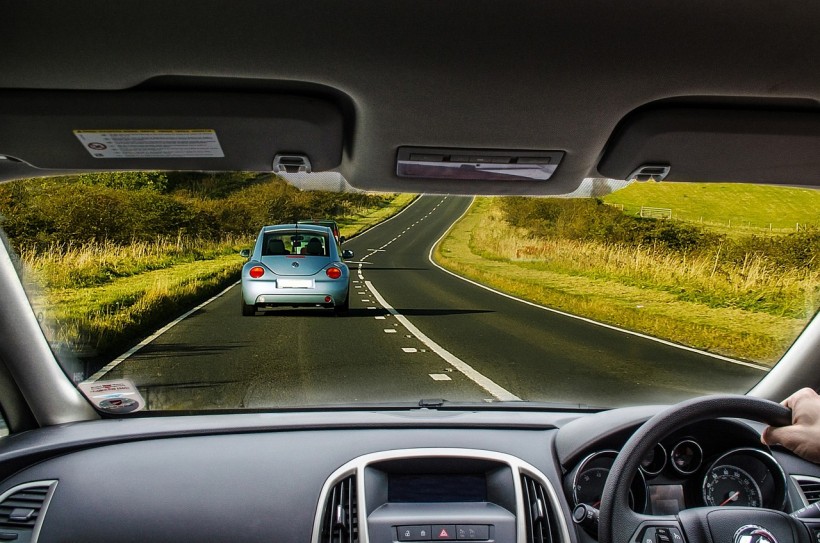In the U.S., some car insurance coverage is mandatory in some states while other coverage is not.
When it comes to optional insurance, you should spend time determining whether you really need all of the coverage that is available. By removing certain coverage, you could make substantial savings on the cost of your auto insurance.
So, let us take a look at some of the different types of coverage so that you can determine what insurance you should have.
Bodily Injury Liability
This coverage is mandatory in almost every state in the U.S.
Bodily injury liability pays for treating the injuries of people in a car accident that is your fault.
Even if you live in Florida, which is the only state in which bodily injury insurance is not required, it is highly recommended you have this coverage.
Property Damage Liability
The majority of states also require drivers to have property damage liability insurance, which covers the cost when you damage someone else's car or other property, like a fence or a tree.
Again, even if your state does not require you to have this coverage, it is highly recommended you do have it.
Special Cases, e.g. Insurance After a Driving Conviction
If you have been convicted of a driving-related infringement or have had your driver's license revoked or suspended, you will need SR-22 insurance.
That refers to a form called SR-22 which needs to be in your possession to show the state that you have auto liability insurance coverage.
Therefore, it will protect you in the event of being responsible for an auto accident that causes injury, death, or property damage to a third party.
The cost of SR-22 insurance can vary by state. To get an idea of costs, take a look at this article that explains how much an SR-22 costs in California. The article also provides more information about the SR-22 form.
Collision Coverage
This coverage is not compulsory in any state, so you might not need it. However, collision coverage will pay for repairs and replacements should your car be involved in an accident with another vehicle or hit an object, so it could be worth taking out this coverage.
The choice is yours, though. Your financial position will play a part in whether you take out collision coverage or not. For instance, if you can easily pay for repairs out-of-pocket after an accident, you might not want collision coverage.
Comprehensive Coverage
Your car could become damaged in ways other than hitting another car or object. For example, your car could be damaged in a fire or flood.
To ensure you have protection against such things, as well as theft, consider getting comprehensive coverage.
No states require you to have this coverage, and again, if you can easily afford to pay bills for damage, you might not want to get this coverage. On the other hand, it could be good to have protection in place. It very much depends on your attitude and financial position.
Uninsured and Underinsured Motorist Coverage
Even though almost every state requires drivers to have bodily liability coverage, it does not mean every driver follows the law.
Some drivers do not have the required insurance or enough insurance to cover the costs that occur after an auto accident.
Therefore, while you may come to the decision that you do not need uninsured motorist coverage or underinsured motorist coverage, it could be handy to have it in case you are involved in an accident with an uninsured, underinsured, or hit-and-run driver.
In some states, uninsured motorist coverage and/or underinsured motorist coverage is compulsory.
© 2024 NatureWorldNews.com All rights reserved. Do not reproduce without permission.
* This is a contributed article and this content does not necessarily represent the views of natureworldnews.com



![Roundworms with Short Memories 'Stop Forgetting' When Frozen or Given Lithium [Study]](https://1471793142.rsc.cdn77.org/data/thumbs/full/70295/280/157/50/40/roundworms-with-short-memories-stop-forgetting-when-frozen-or-given-lithium-study.jpg)


